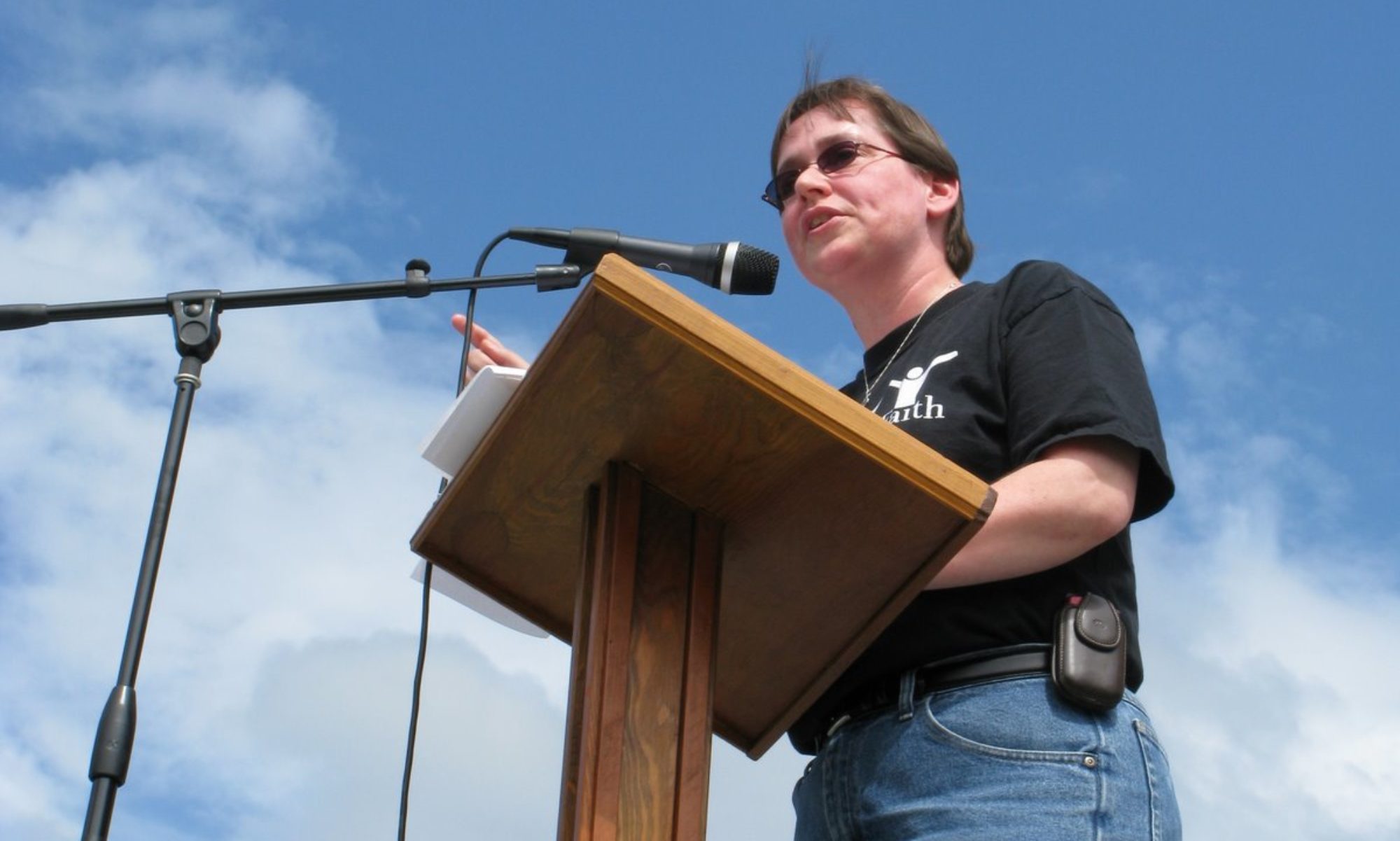Lesson 25: I do not know what anything is for.
Catholic priest and author Richard Rohr once remarked, “When we reach the end of what we know, that’s where we find God.” Which is exactly the point of today’s workbook lesson.
When we reach the end of what we know – all the knowledge the ego has gathered about the world around us and has convinced us that we live in a world of striving and lack and luck – we will understand that we don’t know what the purpose of anything is in this world.
We are purpose driven people – just ask the famous authors who write about our purpose and how to find it. I spent a good hour earlier this week listening to a very famous self-help author go on and on about life’s purpose and how to identify it and live into it. Purpose – meaning making – is the top pastime of the ego. We feel like we’ve failed this thing called life unless we have a purpose – a “special” purpose at that – to fulfill in this world.
The truth is, this lesson tells us, we don’t have a clue about the true purpose of this world – especially if we’re asking our ego to provide such a thing. The ego is goal oriented. It wants to achieve things. Preferably things no one else has achieved – or to achieve and go beyond what others have done. It loves a world of competition and comparison.
In the ego’s world our purpose is to earn recognition – to go higher, farther and faster than anyone else ever has or will. Our purpose is to “be somebody.” Comedian Lily Tomlin once remarked, “I always wanted to be somebody. Now, I realize I should have been more specific.”
This lesson can help us become more specific about our purpose by helping us loosen the ego’s grip on how we define it in the first place. When we look at a table, a chair, a pencil or anything else in this world and admit that we don’t know its true purpose, we’re taking a step away from allowing the ego to dictate what our purpose is in the world. We can’t know our true purpose until we allow ourselves to let go of the ego’s craving for achievement and recognition in the world.
Letting go of our goals out here in the world isn’t a withdrawal from the world. It’s not an abdication of our responsibility to the world. Instead, the lesson asks us to become more responsible by giving up the ego’s pursuit of purpose and beginning to see our true purpose in this world is to learn how to become the light of God’s love no matter what we find ourselves doing for work, play or other activity.
It’s not that you can’t aspire to be someone or do something worthwhile in the world. But the ego has it backward. We set goals and seek a purpose without a deeper knowing or connection to our true, divine self. We set goals based on what jobs we like, or what pays best, or what career leads to a secure retirement. Those are the ego’s goals.
What this lesson, indeed the entire Course, is asking us to do is surrender to God’s purpose for our lives first. That purpose, as the Course says, is to accept the Atonement for ourselves – to know that we are here to learn forgiveness, to become the love we seek, which is the entire reason we are here.
“Love must always precede knowledge,” Rohr says.
That state of love can only come when we release what we see as the purpose of this world – the ego’s definition – and be willing to step into the unknown – that place where our minds are open to receiving the miracle of a new way of seeing and being in the world.
Karen Armstrong, a religious historian and creator of the Charter for Compassion, writes that “One of the conditions of enlightenment has always been a willingness to let go of what we thought we knew in order to appreciate truths we had never dreamed of.”
Or as Hafiz puts it:
“From man’s perspective in this extraordinary game
called life
“it is so easy to become confused
and think you are the doer,
“but from God’s infinite certainty
He always knows
“He is the only one who should ever
be put on trial.”
Photo by Bruno Scramgnon from Pexels

